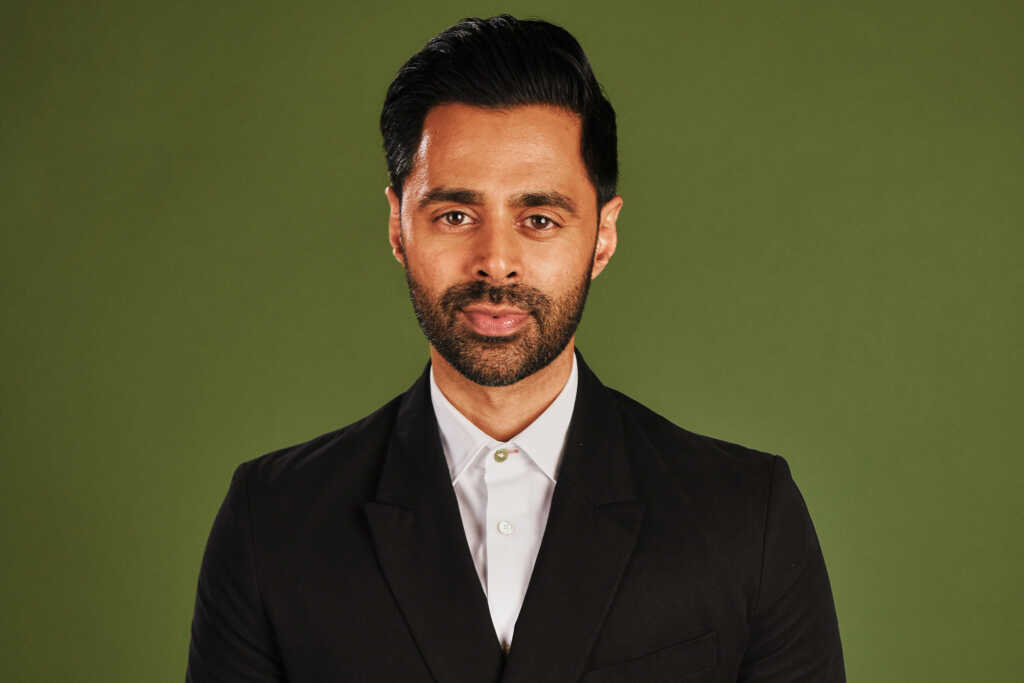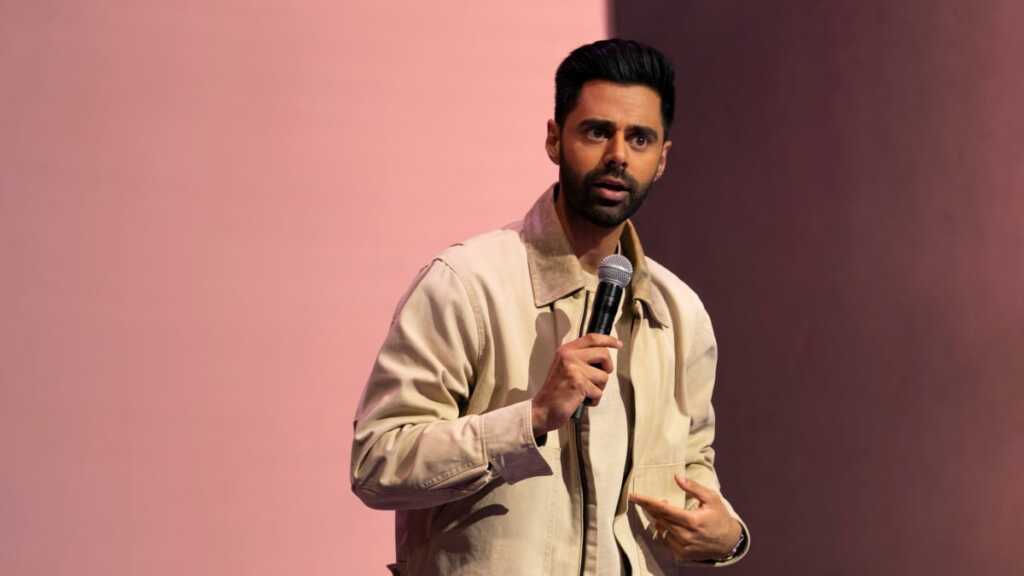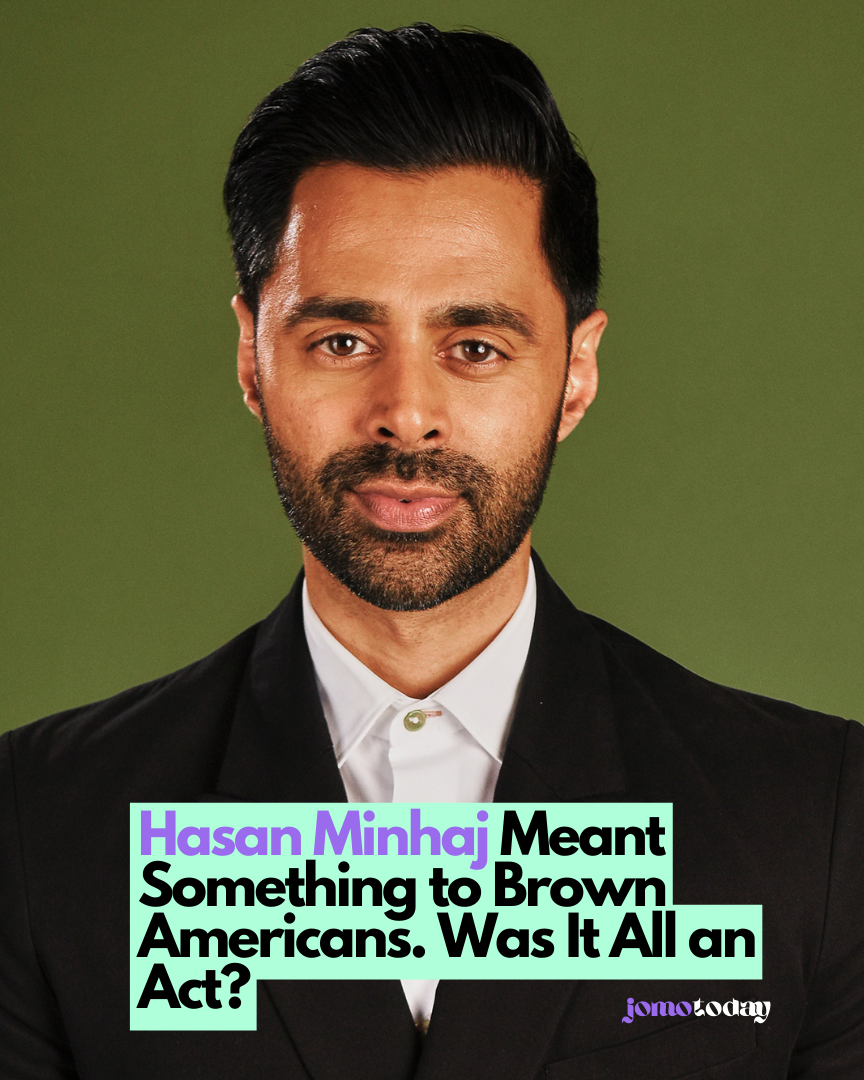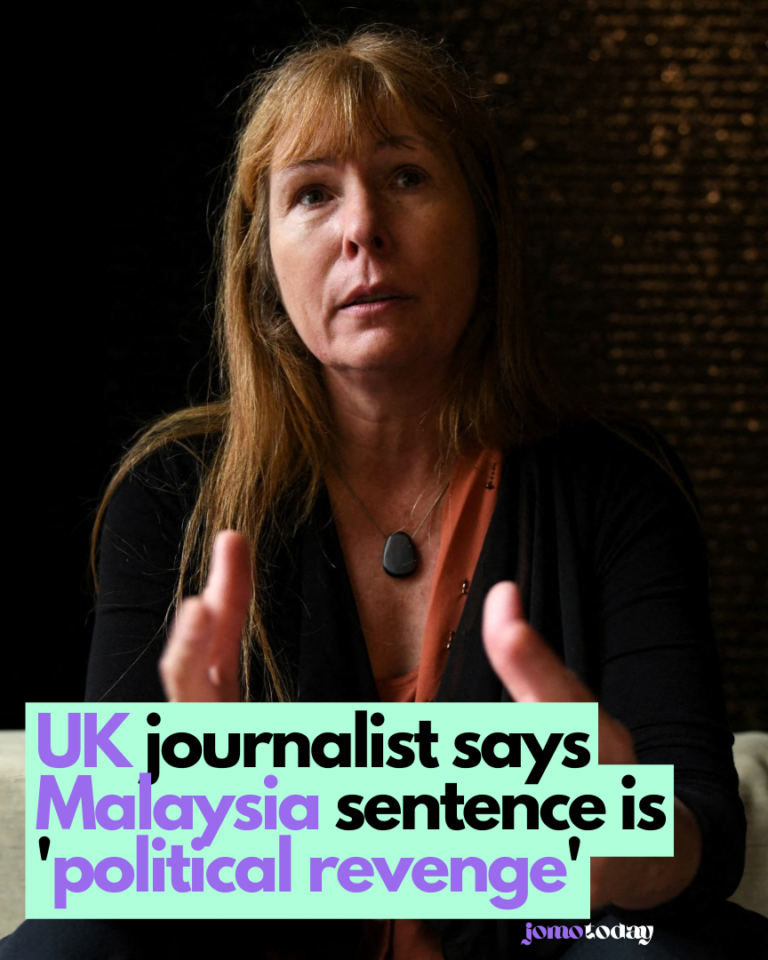On Friday, Clare Malone, a writer for The New Yorker, published an exposé on Hasan Minhaj, the prominent Indian American comedian who is considered a leading candidate to become the next host of The Daily Show. The article revealed two significant revelations about Minhaj. Firstly, he admitted to Malone that he has been less than truthful in recounting personal stories in his stand-up comedy, with some critics even labeling it as outright lying. Secondly, the exposé delved into allegations that Minhaj had created a hostile work environment for staff members on his former Netflix talk show, the critically acclaimed Patriot Act.

The article paints a complex portrait of Minhaj as a comedian who weaves “emotional truths” into his routines, often drawing from real-world incidents to craft compelling narratives about his experiences as a brown Muslim American. These narratives resonated deeply with the South Asian diaspora. However, behind the scenes, it is alleged that women of color, including South Asian American women, faced difficulties while contributing to his platform as a comedic truth-teller. When Patriot Act was canceled in 2020, former staff members publicly shared mixed feelings about their involvement in such a unique show—a talk show hosted by an Indian American that tackled confrontational interviews and taboo topics, including the murder of Jamal Khashoggi. These revelations were accompanied by allegations of gender-based workplace discrimination, harassment, and retaliation, to the extent that three women reportedly considered legal action against Patriot Act.
Additional revelations emerged about Minhaj, including his broadcasting of fabricated stories about his wife to a national audience, concocting a false tale about rushing his daughter to the hospital due to anthrax exposure, and building a stand-up special around a fabricated story involving a white high-school classmate who allegedly rejected him, leading to years of online harassment for her from his fans. These revelations sparked complex discussions about the importance of factual accuracy in emotionally charged storytelling, the potential hypocrisy of famous men of color addressing their oppression while allegedly mistreating women of color, and how American culture often encourages marginalized individuals to center their trauma from discrimination in their creative endeavors. Many who had admired Minhaj were left feeling exhausted and heartbroken. He had been a significant figure in representing the brown community in American media over the past decade, and suddenly, his reputation was tarnished.

Minhaj’s rise in comedy coincided with the era of Donald Trump’s presidency. Liberal audiences, opposed to Trump’s policies such as the Muslim travel ban and his Islamophobic rhetoric, turned to late-night talk show hosts for impassioned critiques of GOP xenophobia. Minhaj gained prominence after his viral anti-Trump monologue at the 2017 White House Correspondents’ Dinner, positioning himself as a hero of the #Resistance. He secured his hosting role on Patriot Act in 2018 and used the show as a platform to discuss urgent issues, including civil rights law, America’s harsh immigration policies, police brutality, and the George Floyd protests, all from the perspective of an Indian Muslim. He took on these critical topics on his terms, which had long been absent from the predominantly white male-dominated industries of stand-up comedy and late-night TV.
Additional revelations emerged about Minhaj, including his broadcasting of fabricated stories about his wife to a national audience, concocting a false tale about rushing his daughter to the hospital due to anthrax exposure, and building a stand-up special around a fabricated story involving a white high-school classmate who allegedly rejected him, leading to years of online harassment for her from his fans. These revelations sparked complex discussions about the importance of factual accuracy in emotionally charged storytelling, the potential hypocrisy of famous men of color addressing their oppression while allegedly mistreating women of color, and how American culture often encourages marginalized individuals to center their trauma from discrimination in their creative endeavors. Many who had admired Minhaj were left feeling exhausted and heartbroken. He had been a significant figure in representing the brown community in American media over the past decade, and suddenly, his reputation was tarnished.
Minhaj’s rise in comedy coincided with the era of Donald Trump’s presidency. Liberal audiences, opposed to Trump’s policies such as the Muslim travel ban and his Islamophobic rhetoric, turned to late-night talk show hosts for impassioned critiques of GOP xenophobia. Minhaj gained prominence after his viral anti-Trump monologue at the 2017 White House Correspondents’ Dinner, positioning himself as a hero of the #Resistance. He secured his hosting role on Patriot Act in 2018 and used the show as a platform to discuss urgent issues, including civil rights law, America’s harsh immigration policies, police brutality, and the George Floyd protests, all from the perspective of an Indian Muslim. He took on these critical topics on his terms, which had long been absent from the predominantly white male-dominated industries of stand-up comedy and late-night TV.
Minhaj’s personal life was also a part of his show, Patriot Act, where his real-life parents made appearances to discuss their experiences as immigrants. Whether implicitly or explicitly, Minhaj fostered the perception that he was a candid and forthright truth-teller with a tumultuous past. He conveyed the idea that he understood the challenges faced by brown Americans because he had lived through them himself. In The New Yorker article, Malone referred to Minhaj’s anecdotes in his Netflix stand-up specials. These anecdotes included references to an FBI informant at his childhood mosque, a prom date who rejected him due to her parents’ racism, and the perceived dangers his family faced after Patriot Act aired segments on international figures like Mohammed bin Salman and Narendra Modi. It was the first time Minhaj had acknowledged that these stories were not entirely true. He explained that because his “day-to-day life is not very interesting or compelling,” as he admitted to Malone, he felt the need to fabricate aspects of his life to “highlight” stories that resonated with many other children from similar backgrounds.
The implication that experiencing death threats and government surveillance is what makes someone’s life “interesting” or “compelling” is quite eyebrow-raising. Moreover, Minhaj’s argument is flawed, and he inadvertently reveals its fallacy. He suggests that there are plenty of brown people across the country who have actually endured threats to their loved ones and livelihoods in these ways. Many Americans, who were fans of Minhaj, resonated with him because he helped shed light on the truth: that numerous individuals, due to their skin color or faith, have faced abuse in their personal and professional lives.
During the post-9/11 period of anti-Muslim sentiment that Patriot Act’s title alludes to, there was a surge in hate crimes against American Muslims, Sikhs, and those who appeared to be of Arab descent. Prominent figures in politics and media disparaged Islam and Middle Easterners as a whole. Countering this narrative was challenging without being unfairly labeled as a potential recruit for extremist groups. Pakistani American communities experienced infiltration by undercover law enforcement officers, and many residents were unjustly detained. Incidents of white-on-brown bullying were rampant in schools, including my own, and I, as one of the few students of color in some of Michigan’s predominantly white schools, was a target of such mistreatment. In such a hostile environment where peers and authorities viewed you as less deserving, there were very few willing listeners to understand the emotional toll of these experiences on any of us.
What deeply concerns me is when both Whoopi Goldberg and Hasan Minhaj’s supporters defend his falsehoods as artistic expression, they fail to grasp the essence of why Minhaj was able to rise to prominence. The essence lies in the fact that those he claimed to represent believed that he genuinely understood their experiences on a visceral and fundamental level. He was a rare public figure who could serve as a prominent voice for our fears, conveying to people at the highest echelons of society how Trump’s Islamophobic ascent directly impacted him and his family, mirroring the experiences of countless others.
Certainly, many of America’s most influential artist-activists have employed artifice to speak eloquently about experiences and issues that didn’t directly apply to them, such as Randy Newman, a Los Angeles native, singing from the perspective of impoverished Southerners. However, unlike stand-up legends like Richard Pryor, who incorporated clearly exaggerated alter egos into their commentary, Minhaj never hinted that he was assuming a character, sharing stories he’d heard from others, or addressing the broader landscape of Muslim Americans. Minhaj took the genuine, day-to-day struggles of brown individuals and led them to believe that he had walked in their shoes, earning his fame and accolades through the trust he cultivated, as well as the trust he inspired in those seeking to understand the experiences of brown Americans.
Read More: Taylor Swift reveals ‘1989 (Taylor’s Version)’ vault song names due to Google game glitches.






2 Comments